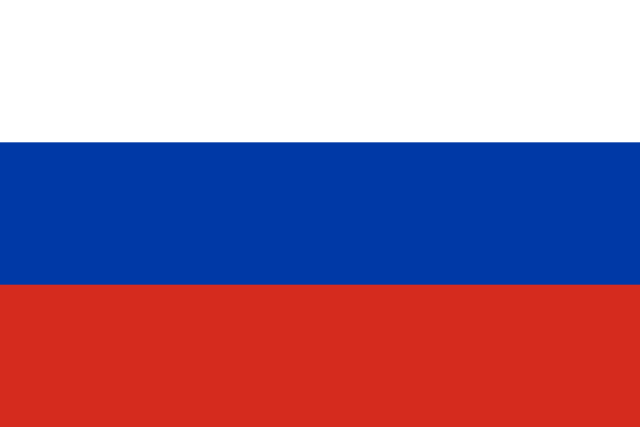Moscow has formally placed Yale University on its “undesirable organisations” list, citing the institution’s alleged role in orchestrating anti-Russian activities and training opposition figures.
Russian authorities accuse Yale’s Jackson School of Global Affairs, particularly its International Leadership Center, of educating individuals who later joined the Anti‑Corruption Foundation founded by the late Alexei Navalny, using their acquired skills to fuel protest movements. The Prosecutor General’s Office claims this threatens Russia’s territorial integrity, supports an international blockade, and destabilises its socio‑economic and political systems.
The designation prohibits Yale from any activities within Russia. Under federal law, association with a blacklisted group carries prison penalties—up to four years for Russian collaborators and six years for organisational leaders. Individuals linked to Yale face criminal charges; the measure forms part of a broader Kremlin strategy against foreign entities deemed threatening.
This move adds Yale to a growing roster of Western organisations singled out since the 2015 “undesirable organisations” law. Prior additions include Amnesty International, Bard College, the British Council, and most recently Razom, a Ukrainian aid group. The law enables authorities to shut down foreign NGOs and media, often seen as a response to perceived threats to state sovereignty.
Kremlin critics say the blacklist is politically motivated, aimed at curbing academic exchange and dissent. Yale’s international stature and involvement in global affairs likely amplified its visibility during heightened Kremlin-West tensions over Ukraine. Moscow has previously targeted American academics such as Larry Samuelson and Jeffrey Sonnenfeld—both barred after vocally criticising the Russian government and advocating for redirected use of frozen Russian assets.
Professor Sonnenfeld welcomed the ban as a “badge of honour,” asserting that national interests aligned with academic freedom. The Russian Prosecutor General also accused Yale of aiding in justifying the seizure of frozen Russian assets to support Ukraine’s military—a claim echoed by Xinhua news.
Critics argue the blacklist damages intellectual cooperation and undermines global debate. Diplomatic observers note the move could isolate Russian scholars and block access to Western-minded discourse. Past blacklisted organisations include the National Democratic Institute, Open Society Foundations, and German Marshall Fund.
Yale has not issued an official statement. Moscow officials emphasised that the action is legal and rooted in national security concerns, accusing the university of eroding Russia’s constitutional foundations. Analysts suggest the designation is both a symbolic rebuke and a signal of Russian inflexibility toward institutional criticism.
The intensification of the Kremlin’s crackdown follows sustained geopolitical strain. Western nations have responded with further sanctions, freezing Russian assets abroad and limiting academic collaboration. The Kremlin’s narrative frames foreign academic institutions as instruments of Western influence, legitimising domestic censorship.
Experts highlight the broader implications. The country’s academic environment faces growing isolation as more foreign universities are blacklisted. Graduate students, researchers, and educators involved with affected institutions risk surveillance, interrogation, and criminal charges. The chilling effect extends to independent thought and scholarly freedom.
International academic bodies are reportedly reviewing the impact. Some warn Russian professionals risk professional ostracism if tied to forbidden organisations. The long-term prospect is a narrowing of Russian engagement with global research networks.
European and North American universities have yet to comment officially. Some scholarly consortia may warn members about collaborative risks in Russia. For Yale, the designation represents a striking escalation in Russia’s confrontation with Western academia.

